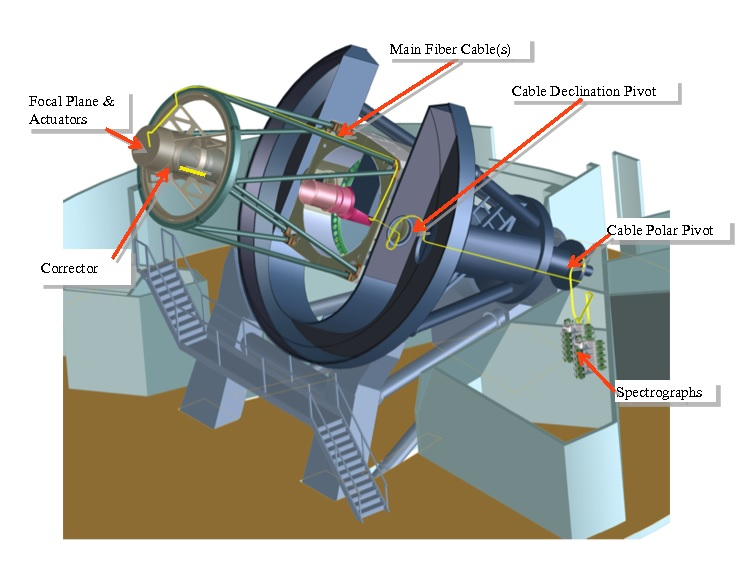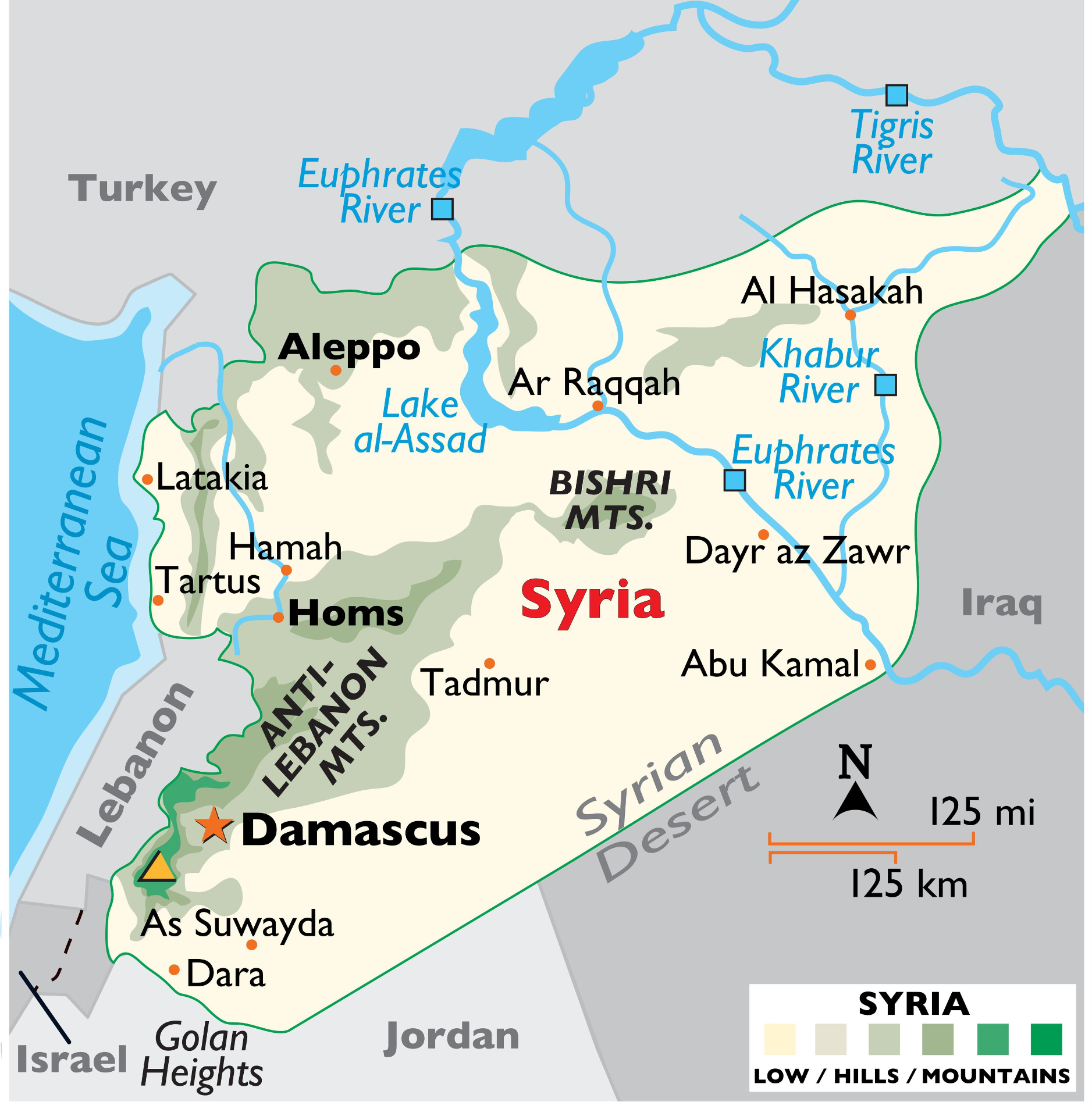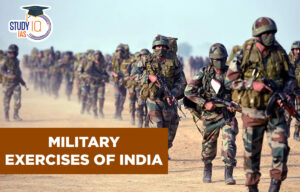Table of Contents
Measuring Indices
Context: The V-Dem Institute’s recent democracy index termed India as “one of the worst autocracies”
More In News
India’s Democracy Ranking by International Indices:
- Freedom House: Downgraded India to “partly free.”
- The Economist Intelligence Unit: Classified India as a “flawed democracy.”
- Overall Trend: Multiple indices show a decline in India’s democratic standing.
Indian Government’s Response:
- Refutes the assessments of international groups.
- Plans to release its democracy index.
- Goal (as reported by Al Jazeera): Counter recent downgrades and criticisms.
Data Utilised in Democracy Indices
- Observational Data (OD): This includes quantifiable facts like voter turnout rates, offering an objective view of certain aspects of democracy.
- In-House Coding: Researchers utilise country-specific information from academic sources, newspapers, etc., to assess the state of democracy.
- Expert Surveys: Selected experts provide subjective evaluations based on their knowledge and perspective on their country’s democracy.
- Representative Surveys: A group of citizens give their judgments, adding a public opinion dimension to the assessment.
- The UN High Commissioner for Human Rights recommends the use of objective, observational data to ensure assessments are broadly acceptable. Nonetheless, some argue that purely factual data may not fully capture the complexities of governance, hence the necessity for expert opinions.
Dimensions and Approaches of Democracy Indices
- Indices explore various facets of democracy beyond electoral democracy, such as participatory democracy, the functionality of citizen groups, decision-making processes, and egalitarianism.
- The methodology varies significantly across indices, with some using as few as 2 indicators and others more than 400.
- The weighting and aggregation methods also differ, affecting the outcome of the assessment.
- For instance, V-Dem assigns five experts to code indicators across 12 areas, encompassing media and civil liberties.
Limitations of Democracy Indices
- Subjectivity: The reliance on researchers’ and experts’ judgments introduces a level of subjectivity, challenging the indices’ precision and credibility.
- Country Coverage: Not all indices cover non-independent states or microstates, possibly overlooking smaller countries’ democratic conditions.
- Ideological Discrepancies: The fluid definition of democracy leads to ideological biases, exemplified by varying scores assigned to countries like Lesotho and India.
We’re now on WhatsApp. Click to Join
3D Map of the Universe
Context: Recently, an international team of researchers has released the most comprehensive 3-D map of the universe.
More In News
- This map is expected to provide insights into dark energy (a mysterious force thought to be behind the universe’s rapid expansion.)
- The research includes contributions from an Indian team led by Shadab Alam at the Tata Institute of Fundamental Research in Mumbai.
- The team’s publication is based on the initial year of data gathered by the Dark Energy Spectroscopic Instrument (DESI).
About Dark Energy Spectroscopic Instrument (DESI)
- The Dark Energy Spectroscopic Instrument, a cutting-edge tool designed to attach to a telescope and simultaneously capture light from 5,000 galaxies.
- Objective: To explore dark energy, the enigmatic force driving the universe’s accelerated expansion.
- Equipment: DESI is mounted on the Mayall 4-Meter Telescope in Arizona, USA in 2018.
- Achievements: Measured light from 6 million galaxies, some dating back 11 billion years.
- Created the most detailed 3D map of the universe with the most precise measurements to date.
- Measured the expansion rate of the universe to be increasing by 68.5 km/second per 3.26 million light-years (megaparsec)

Significance of DESI’s Findings
- Improved Understanding of the Universe: Precise measurement of the expansion rate can provide insights into dark energy’s behaviour.
- Learning about dark energy could reveal new fundamental forces and revolutionise our understanding of the universe.
- DESI’s data offers hope for new discoveries and an understanding of the fundamental cosmic force.
Mystery of Dark Energy
- Dark Energy: Believed to make up 70% of the universe but its properties are unknown.
- Current understanding:
- The expansion of the universe is accelerating, which shouldn’t be possible due to gravity’s pull.
- Dark energy is hypothesised to be the force causing this expansion.
Damascus
Context: The Iranian embassy in Damascus was hit by Israeli missiles killing at least 11 people.
More in News
- Iranian leaders promised a response to a strike that killed IRGC members with an attack at the same magnitude’
- In response, Israel has suspended leave for combat units and heightened its air defence command to deal with possible missile or drone attacks from Iran.

Mapping-Damascus
- It is the capital of Syria
- Location: Damascus is located in southwestern Syria.
- Geographical Features: The Anti-Lebanon Mountains, Barada River.
- Climate: An arid climate because of the rain shadow effect.
- Border countries: Syria borders five countries:
- Turkey to the north
- Iraq to the east
- Jordan to the south
- Lebanon to the west
- Israel to the southwest


 Utkal Divas 2025: Odisha Foundation Day ...
Utkal Divas 2025: Odisha Foundation Day ...
 List of Military Exercises of India 2024...
List of Military Exercises of India 2024...
 GPS Spoofing and Its Impact in India: A ...
GPS Spoofing and Its Impact in India: A ...





















